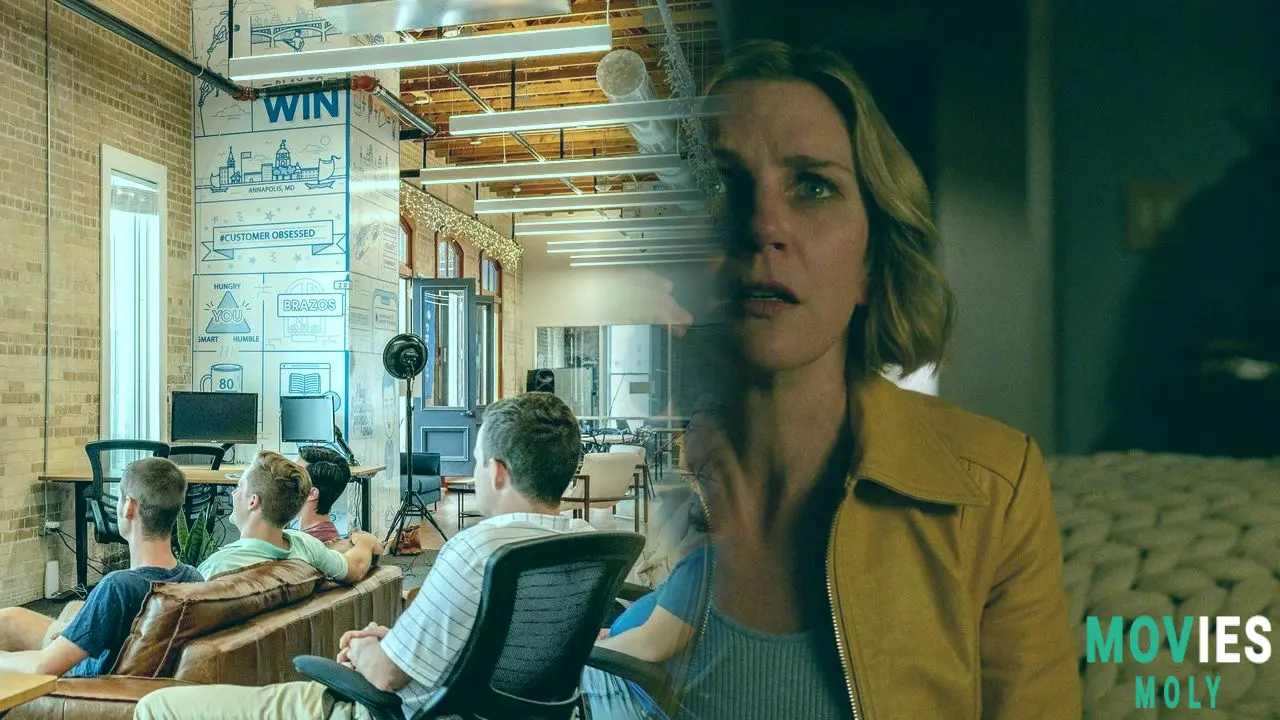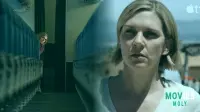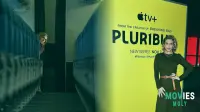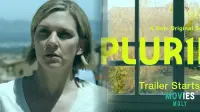Ever caught a glimpse of the end credits for a new show and seen something truly unexpected? For viewers of Vince Gilligan's latest sci-fi drama, Pluribus, on Apple TV+, a subtle but powerful message awaits: "This show was made by humans." It's more than just a quirky detail; it's a direct challenge from the mind behind Breaking Bad to the growing wave of artificial intelligence in entertainment.
TL;DR: The Human Touch Returns to TV
- Vince Gilligan's new series, Pluribus, explicitly states "This show was made by humans" in its credits, a direct stance against AI.
- Gilligan strongly criticizes AI, calling it an "expensive and energy-intensive plagiarism machine" driven by billionaires.
- Starring Rhea Seehorn, Pluribus is a sci-fi drama exploring themes of individuality, made even more relevant by the ongoing AI debate.
When the final scene of Pluribus fades and the credits begin to roll, nestled among the usual acknowledgments, you'll find a striking, terse declaration: "This show was made by humans." This isn't an accidental oversight or a throwaway line; it's a deliberate and pointed statement by creator Vince Gilligan. He wants his audience to know, unequivocally, that every frame, every line of dialogue, and every creative decision in Pluribus stems from human imagination and effort. Source: [TechCrunch, “‘Breaking Bad’ creator’s new show ‘Pluribus’ was emphatically ‘made by humans,’ not AI,” November 8, 2025]
This "human-made" emphasis feels especially significant now, as generative AI becomes increasingly capable of producing content that mimics human artistry. From effects shots in films to controversial opening credits, the presence of AI is growing in movie and TV creation, prompting a vital conversation across the industry about authenticity and the future of creative labor. Gilligan's move could very well become a new standard for others looking to highlight their commitment to human craftsmanship.
Vince Gilligan's Unwavering Disdain for Artificial Intelligence
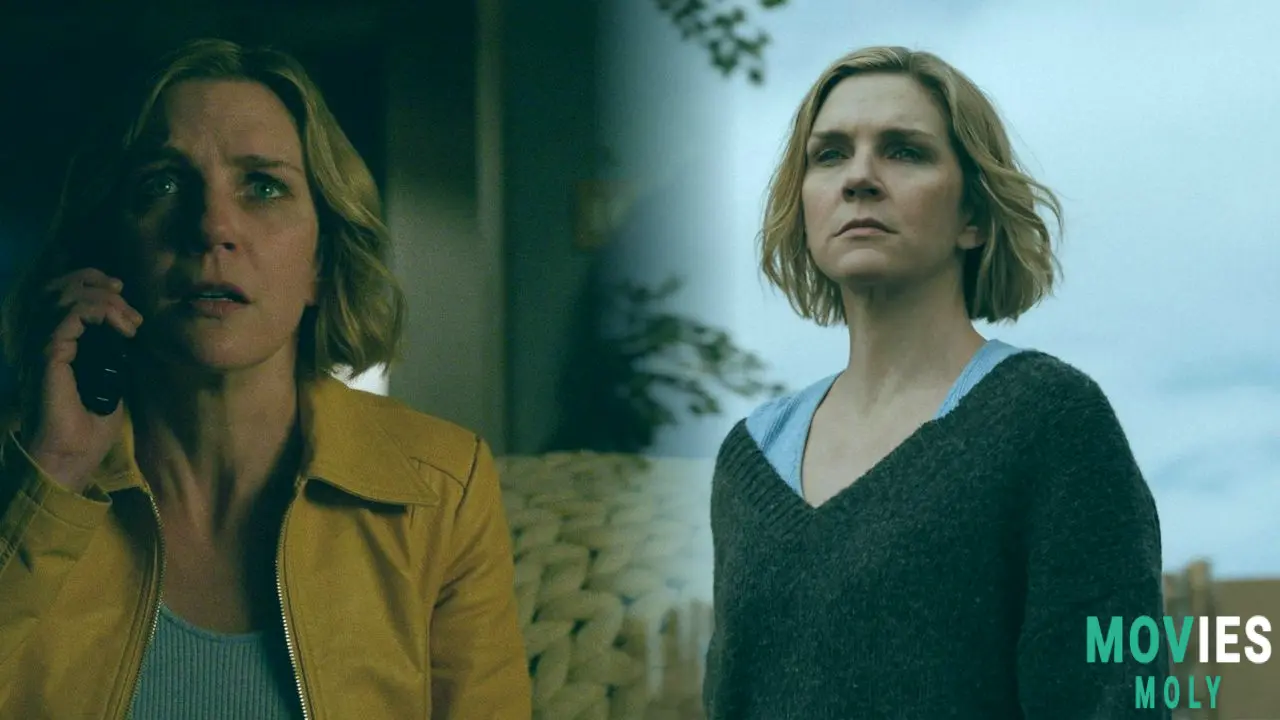
If the end credit wasn't clear enough, Gilligan has been outspoken about his profound dislike for artificial intelligence. He doesn't just disapprove; he views the entire AI movement with deep skepticism and a healthy dose of contempt. His strong words cut through the tech-centric hype, painting a picture of technology that is, in his eyes, fundamentally flawed and driven by questionable motives.
He pulls no punches, labeling AI "the world's most expensive and energy-intensive plagiarism machine." This isn't just an off-the-cuff remark; it reflects a deep concern that AI primarily functions by rehashing and recombining existing human-created works, rather than generating truly original ideas. For a storyteller like Gilligan, whose legacy is built on originality and character depth, this "regurgitation" is a serious threat to creative integrity. Source: [Variety, via TechRadar, "The new show from Vince Gilligan, Pluribus, premiered on Apple TV this week," November 8, 2025]
"I hate AI. AI is the world's most expensive and energy-intensive plagiarism machine. I think there’s a very high possibility that this is all a bunch of horseshit. It's basically a bunch of centibillionaires whose greatest life goal is to become the world's first trillionaires. I think they're selling a bag of vapor."
— Vince Gilligan to Variety
Gilligan doesn't stop there. He suggests that the push for AI is less about innovation and more about accumulating vast wealth for a select few. He sees it as a "bag of vapor" being peddled by "centibillionaires whose greatest life goal is to become the world's first trillionaires." This cynical view highlights a common concern among creatives: that the rush to adopt AI is driven by corporate greed and a desire for efficiency over genuine artistic expression, potentially at the expense of human jobs and creativity.
The Broader Impact of AI Integration in Entertainment Production
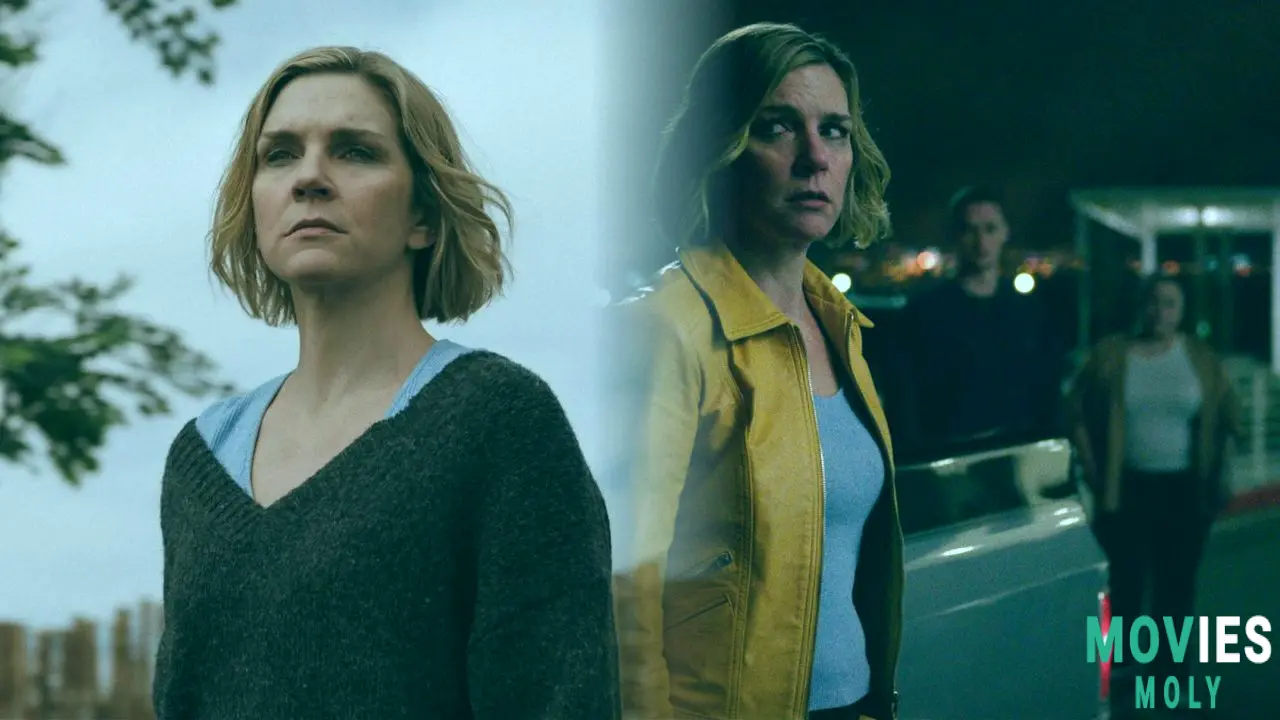
Gilligan's strong stance isn't happening in a vacuum; it’s part of a much larger, ongoing debate within Hollywood and beyond. In 2023, the horror hit Late Night with the Devil faced scrutiny for using AI in some effects shots. Even Marvel’s Secret Invasion sparked controversy for employing the technology in its opening credits. These instances, though perhaps not widespread yet, indicate a slow but steady mainstreaming of generative AI in visual media. Source: [Apple TV, via TechRadar, "The new show from Vince Gilligan, Pluribus, premiered on Apple TV this week," November 8, 2025]
Outside of film and TV, major brands are also experimenting, often with mixed reactions. Coca-Cola, for example, has faced backlash for using AI-generated elements in its holiday campaigns. The rise of "digital performers" like the AI-generated actress "Tilly Norwood," reportedly seeking agency representation, further intensifies concerns about AI replacing human talent. This environment makes Gilligan's "made by humans" credit not just a statement but a rallying cry for many in the creative community.
For Gilligan, the potential downsides extend even further than plagiarism or economic disparity. He worries about the ethical quandaries that could arise if AI ever develops "a true singularity that has its own soul, and therefore its own identity." In such a scenario, he ponders whether companies would effectively be creating "digital slaves" to monetize, forcing society to revisit the complex discussion of slavery. He also expresses little faith in regulators to control this technology, fearing that economic competition with countries like China will hinder meaningful oversight.
Rhea Seehorn Joins the Chorus for Human Artistry
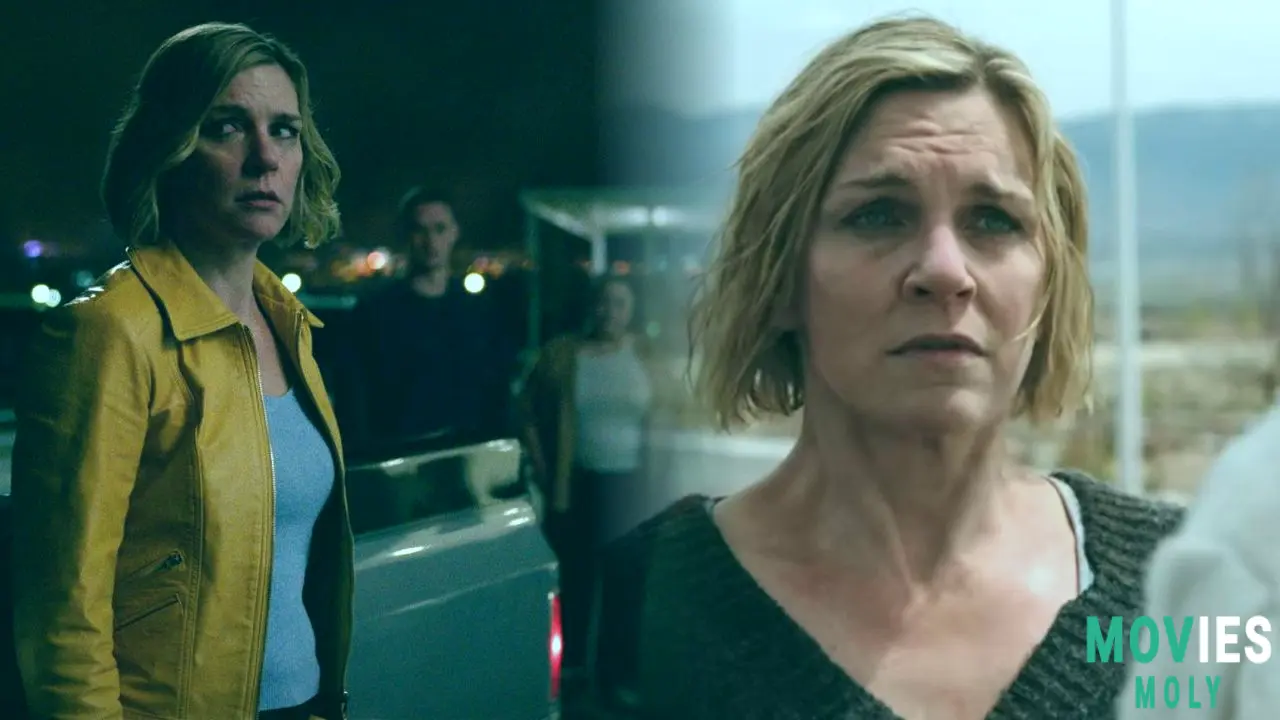
Vince Gilligan isn't alone in his passionate defense of human-made art. His longtime collaborator, Rhea Seehorn, who stars in Pluribus as Carol Sturka, echoes his sentiments with equal conviction. Seehorn, known for her Emmy-nominated performance in Gilligan's Better Call Saul, has also voiced strong opinions on the encroachment of AI into the acting profession.
Addressing the controversial topic of AI-generated actors like "Tilly Norwood," Seehorn was unequivocal: "I'm fine going on the record that I don't think any agencies should represent that AI actress. Shame on them!" Her frustration highlights a core belief shared by many performers: that true art derives its power and emotional resonance from the unique, lived experiences of humans, something no algorithm can replicate. As she insightfully put it, "Even if AI could perfectly mimic Picasso's brushwork, the reason the painting moves you is because of the human experience behind it."
Pluribus: A Human Story for an Uncertain Future
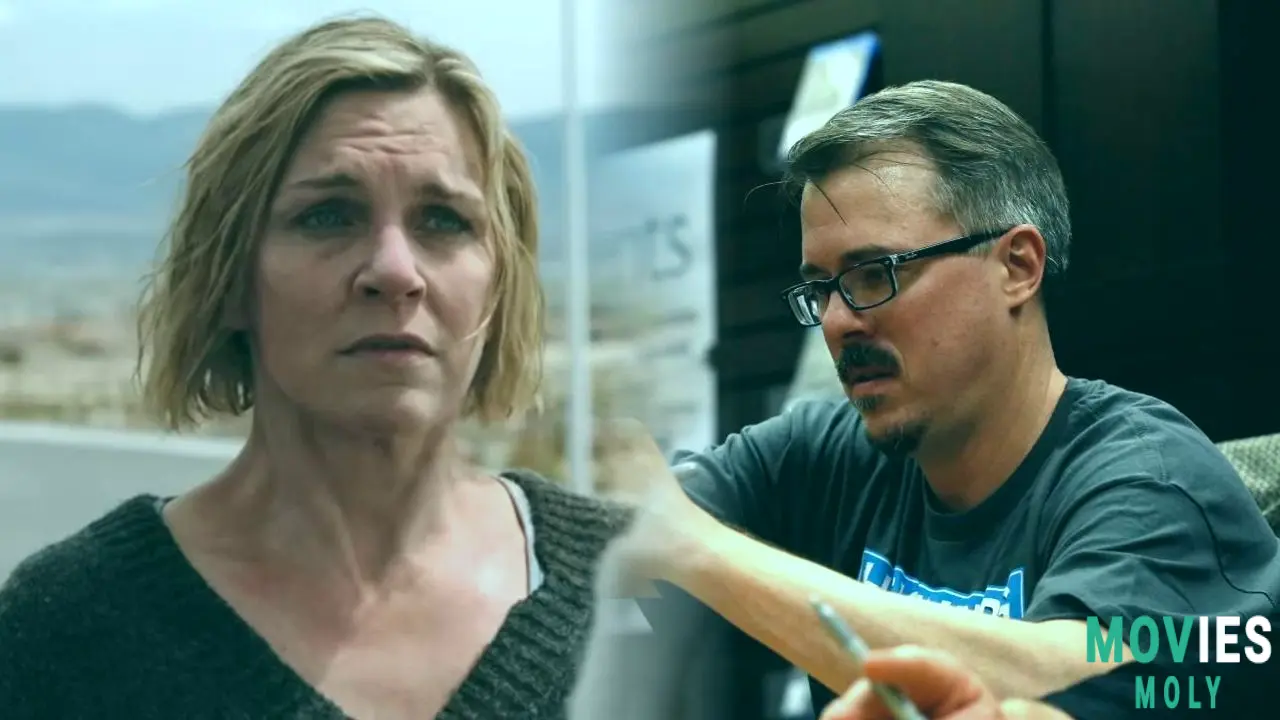
The premise of Pluribus itself resonates deeply with the anxieties surrounding AI. The series introduces us to Albuquerque author Carol Sturka, played by Rhea Seehorn, as one of only twelve individuals on Earth immune to an extraterrestrial virus. This virus transforms the rest of humanity into a "relentlessly optimistic hive mind," stripping away individuality. Source: [Deadline, "As artificial intelligence becomes less discernible and more prevalent, Vince Gilligan is setting an example about transparency in Hollywood," November 7, 2025]
While Gilligan confirms he conceptualized and wrote the show roughly 8-10 years ago, long before the current AI boom, the themes of individuality, agency, and the loss of unique human experience feel incredibly timely. He encourages audiences to draw their own conclusions about the show's meaning, recalling advice to "Just tell a good story, let the audience figure out the theme. That's their job."
The reviews for Pluribus have been overwhelmingly positive, with critics calling it "easily one of the year's best dramas" and praising Seehorn's performance as "the emotional heartbeat of the series." The first two episodes, which premiered on Apple TV+ on November 7, 2025, quickly garnered a perfect Rotten Tomatoes rating. This critical acclaim for a "human-made" show further solidifies Gilligan's argument that genuine, impactful storytelling still thrives on authentic human creativity.
However, some might argue that AI isn't that widespread yet, and its current applications are mostly for background tasks or initial drafts. While true that full AI-generated features are rare, the creeping presence in opening credits, visual effects, and even the creation of digital 'actors' like Tilly Norwood shows a definite trend. The point Gilligan and Seehorn make isn't just about current ubiquity, but about the direction the industry is heading and the ethical questions it raises before it becomes fully pervasive.
Another counterpoint often heard is that AI can be a tool to assist human creators, not replace them, speeding up mundane tasks and allowing more time for creative flourishes. While this potential exists, Gilligan frames AI as a "plagiarism machine" and "cow chewing its cud – an endlessly regurgitated loop of nonsense." He implies that even when "assisting," AI fundamentally lacks the capacity for true originality and the messy, imperfect humanity that defines compelling art. The debate isn't just about efficiency, but about the very soul of creation.
A Day in the Life of a Writer Confronting AI's 'Assistance'
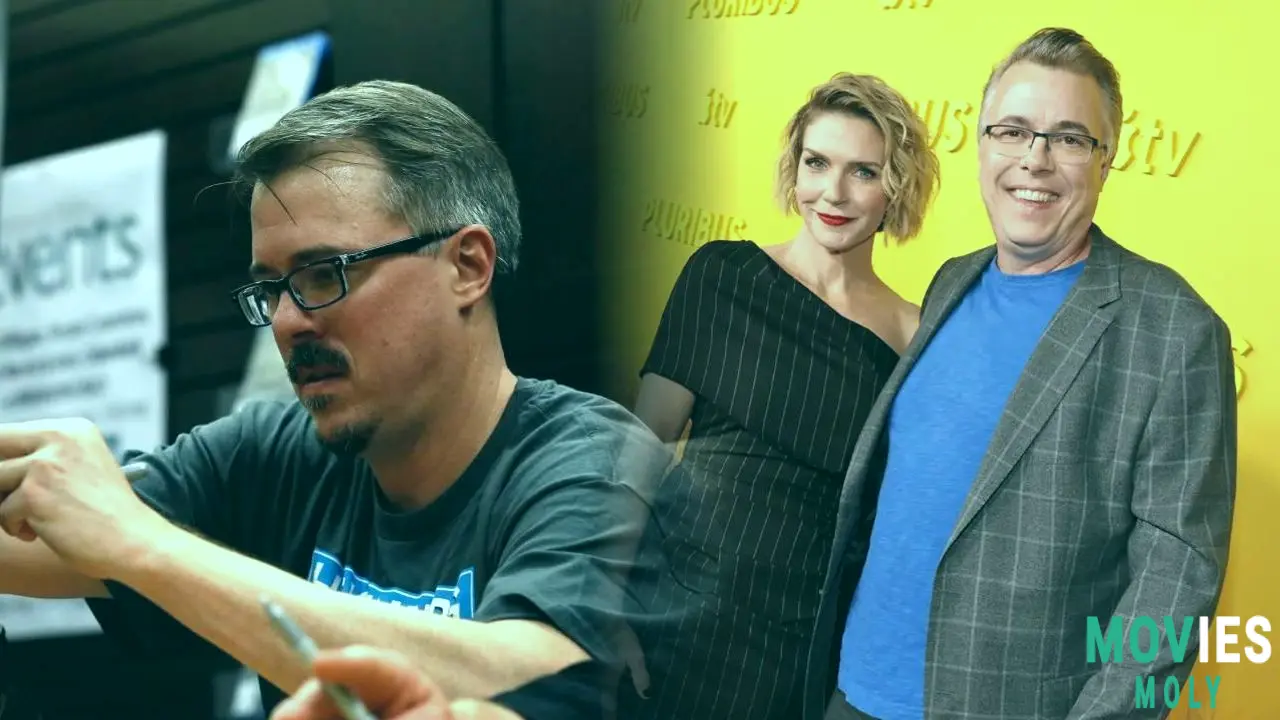
Imagine Sarah, a struggling screenwriter, staring at a blank page. Her agent suggests trying an AI writing assistant to kickstart ideas for a new sci-fi script. Skeptical but desperate, she feeds it a few prompts. The AI quickly spits out plot outlines, character descriptions, and even some dialogue. It's fast, efficient, and technically coherent.
But as Sarah reads through it, a hollow feeling grows. The twists are predictable, the characters feel generic, and the dialogue, while functional, lacks any genuine spark or emotional depth. It’s competent, but soulless. She realizes that while the AI provided a framework, it couldn’t give it heart or inject the unique voice that would make it her story. She deletes the AI's suggestions and returns to her blank page, determined to wrestle with the story herself, knowing the struggle, the imperfections, and the eventual triumph will make it truly human.
Practical Takeaways for Audiences in the AI Era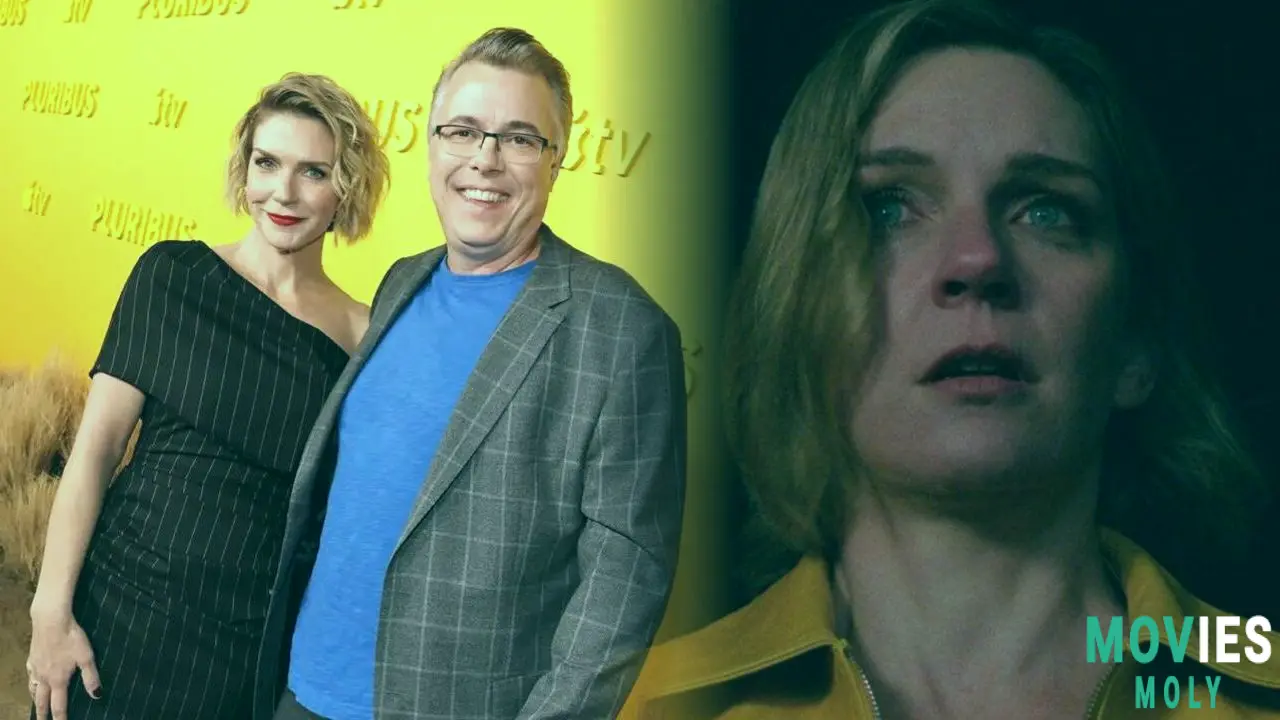
- Seek Out Human-Made Content: Pay attention to credits and statements from creators. Supporting projects that prioritize human artistry reinforces its value.
- Question AI's Role: Be aware of where AI is being used in the media you consume, and consider the implications for creativity and authenticity.
- Celebrate Imperfection: Remember that true human creativity often thrives in its unique flaws and unexpected turns, something AI struggles to replicate.
- Engage with the Debate: Understand that the conversation around AI in arts isn't just about technology, but about ethical considerations, economic impacts, and the future of storytelling.
Vince Gilligan's message in Pluribus and his outspoken views serve as a potent reminder: in an increasingly automated world, the value of human touch, original thought, and authentic emotion in storytelling remains irreplaceable. His new series is not just entertainment; it's a statement, a testament to the enduring power of human creation.
Frequently Asked Questions About Pluribus and AI in Film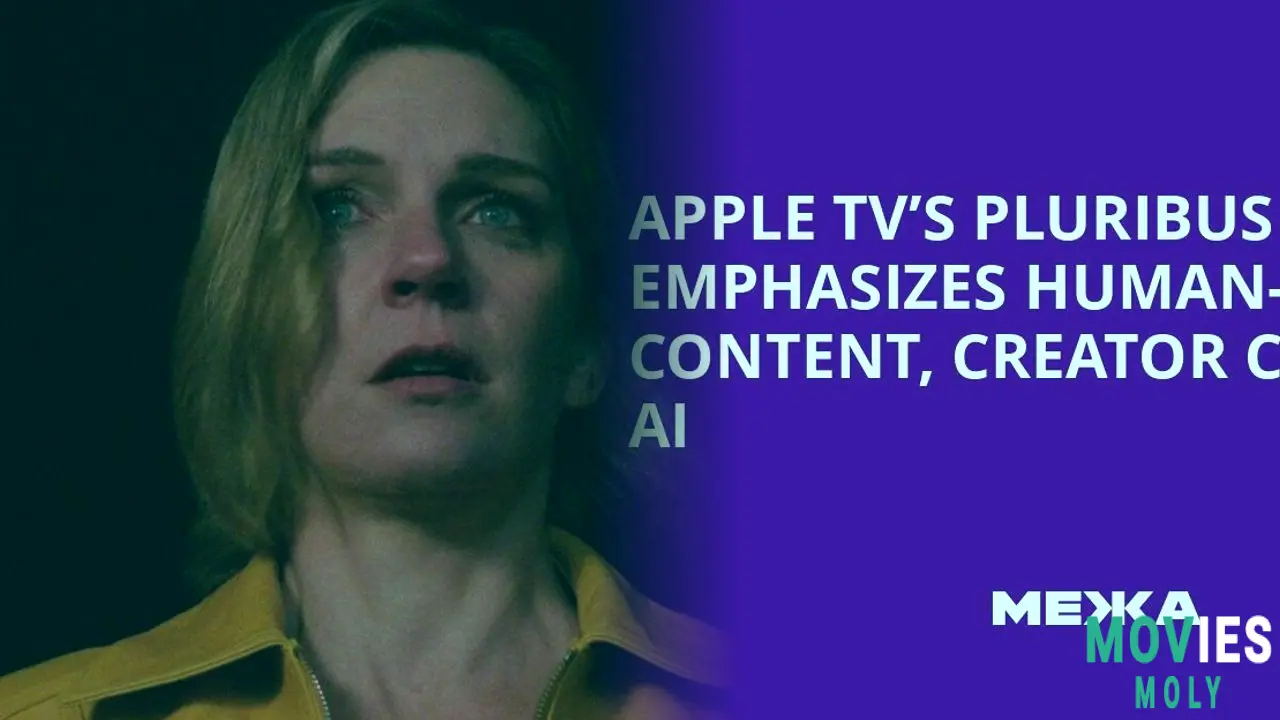
- TechCrunch, “‘Breaking Bad’ creator’s new show ‘Pluribus’ was emphatically ‘made by humans,’ not AI,” Anthony Ha, November 8, 2025.
- Apple TV, via TechRadar, "The new show from Vince Gilligan, Pluribus, premiered on Apple TV this week," Anthony McGlynn, November 8, 2025.
- Deadline, "As artificial intelligence becomes less discernible and more prevalent, Vince Gilligan is setting an example about transparency in Hollywood," Glenn Garner, November 7, 2025.
- ScreenRant, "Breaking Bad Creator Vince Gilligan Explains His "Made By Humans" Pluribus Credit & His Stance On AI," November 8, 2025.

